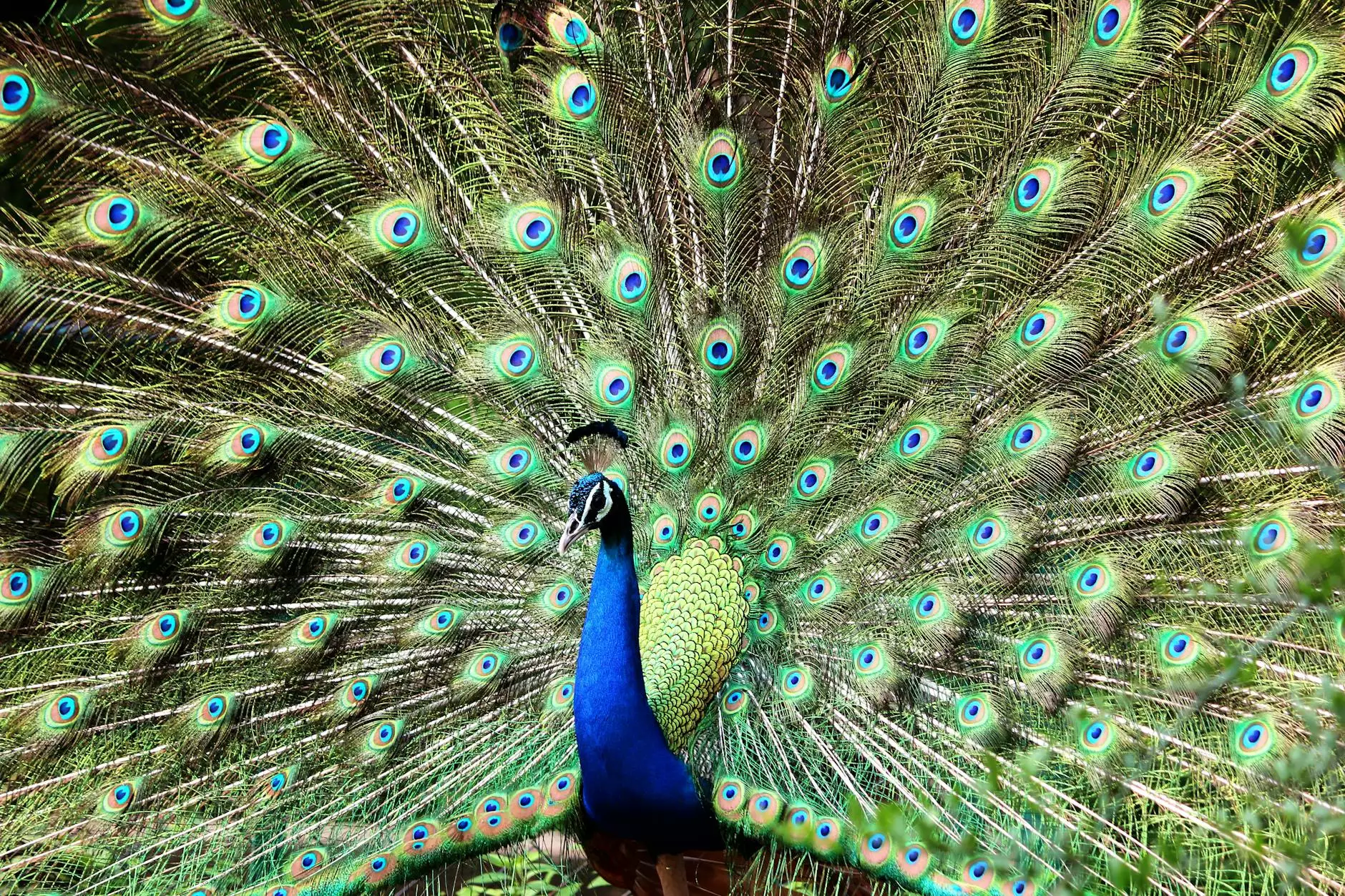Buy Exotic Animals: A Comprehensive Guide to Pet Adoption and Breeding

When it comes to buying exotic animals, the world is ripe with opportunities and exciting possibilities. Exotic pets can provide unique companionship, enrich your life and challenge your understanding of animal care. However, it’s vital to approach the adoption and purchase of these unique creatures with diligence and knowledge. In this guide, we will explore various aspects of buying exotic animals, including pet adoption, pet breeders, and reptile shops.
Understanding Exotic Animals
Exotic animals differ from traditional pets like cats and dogs. These unique creatures require specialized care, environment, and dietary considerations. Here are some points to understand:
- Definition: Exotic pets are those that are not typically kept as domestic pets, including reptiles, birds, and unique mammals.
- Responsibility: Owning an exotic pet often comes with added responsibility, such as specific habitat requirements and dietary needs.
- Legal Considerations: It’s essential to verify the legality of owning certain exotic animals in your region.
Why Choose to Buy Exotic Animals?
Choosing to buy exotic animals can be a fulfilling decision. Here are several reasons why individuals are drawn to these unique pets:
- Diversity: Exotic animals come in all shapes, sizes, and colors, allowing enthusiasts to pick a pet that suits their personality.
- Learning Experience: Caring for an exotic pet offers unique educational opportunities about biology and conservation.
- Community: Exotic pet owners often belong to passionate communities where they can share experiences and knowledge.
Pet Adoption: Opening Your Home to Exotic Animals
Adopting an exotic animal can be one of the most rewarding experiences. Many organizations specialize in the adoption of exotic pets, ensuring these animals find loving homes. Here’s how the adoption process works:
Finding a Reputable Organization
Start by researching local shelters and adoption centers that specialize in exotic animals. Websites like buyreptilesaus.com provide resources and listings for different types of exotic animals available for adoption.
The Application Process
When you find an organization, you will likely need to fill out an application. This process usually involves:
- Providing information about your experience with animals.
- Explaining the type of habitat you can provide.
- Committing to the long-term care of the animal.
An In-Depth Interview
The adoption organization may conduct an interview to ensure that you’re a good fit for the animal. They will ask questions about:
- Your living conditions and space available for the pet.
- Housing, dietary, and care plans for the exotic animal.
- Your motivation for adopting an exotic pet.
Pet Breeders: A Controlled Approach to Buying Exotic Animals
Purchasing from a reputable breeder is another pathway to buy exotic animals. This route allows you to acquire a pet that is often hand-raised and well-socialized. Here’s what to consider:
Researching Breeders
Ensure that the breeder you choose is reputable. Be prepared to ask questions about:
- Health guarantees and veterinary checks for their animals.
- Socialization practices and the environment in which the animals are raised.
- Ethical breeding practices and their breeding stock.
Choosing the Right Exotic Animal
With various breeds available, the choice can be overwhelming. Consider the following:
- Animal care needs and difficulty level.
- Compatibility with your existing pets and home environment.
- Potential lifespan and commitment level required.
Exploring Reptile Shops: Where to Buy Exotic Animals
Reptile shops are specially designed to cater to the needs of reptile lovers. When looking to buy exotic animals, especially reptiles, here’s how to make the best choice:
Understanding the Shop's Reputation
Before you purchase, ensure the reptile shop is highly regarded by checking online reviews and asking for recommendations from fellow enthusiasts. Key factors to assess include:
- Health of the animals available for sale.
- Knowledge and friendliness of the staff.
- Availability of supplies and care products.
Inspecting the Animals
When you are at the shop, take the time to observe the animals. Be on the lookout for:
- Signs of good health: clear eyes, active movements.
- Clean and spacious enclosures.
- Appropriate care provided by the staff.
Caring for Your Exotic Animal
Owning an exotic animal involves a commitment to providing proper care. Here’s how to ensure your new pet thrives:
Habitat Requirements
Each species has specific habitat needs. Research the required:
- Enclosure types: terrariums, aquariums, cages.
- Temperature and humidity controls.
- Substrate and climbing structures, if applicable.
Dietary Needs
Feeding your exotic animal the correct diet is crucial. Learn about:
- Specific dietary requirements, including vitamin supplements.
- Feeding schedules tailored to your animal’s age and health.
- Types of food: live prey, insects, vegetables, etc.
Regular Veterinary Care
Routine veterinary visits are essential. Always ensure your exotic pet is checked by a vet experienced in treating exotic animals to maintain their health and well-being.
Community Engagement: Connecting with Other Exotic Pet Owners
Joining communities and forums dedicated to exotic pets can provide valuable knowledge, support, and camaraderie. Here’s how you can engage:
- Attend local pet shows or expos featuring exotic animals.
- Join online forums and social media groups focused on exotic pet care.
- Participate in educational workshops and webinars.
Conclusion: The Joy of Owning Exotic Animals
The journey of buying exotic animals opens doors to fascinating experiences and insights into wildlife. Whether you choose to adopt from a shelter, purchase from a breeder, or visit a reptile shop, ensure you are well-informed, prepared, and committed to providing a loving home. Embracing the responsibility of caring for an exotic pet not only transforms your life but also enriches the lives of these incredible creatures. Happy pet parenting!









